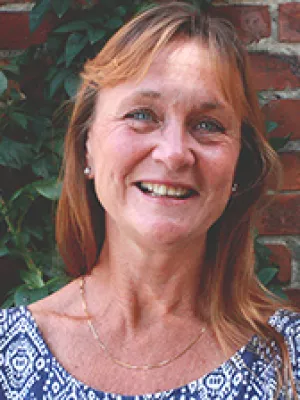
Anna Meeuwisse
Professor

Vänskap och organisering : En studie av Fountain House-rörelsen
Friendship and organizing : A study of the Fountain House Movement
Author
Summary, in English
Department/s
- School of Social Work
Publishing year
1997
Language
Swedish
Document type
Dissertation
Publisher
Arkiv
Topic
- Social Work
Keywords
- Care and help to handicapped
- voluntary organizations
- normalization
- social movements
- self help
- clubhouse
- psycho-social rehabilitation
- Social changes
- theory of social work
- Handikappade
- vård och rehabilitering
- Sociala förändringar
- teorier om socialt arbete
Status
Published
Supervisor
- [unknown] [unknown]
ISBN/ISSN/Other
- ISBN: 91 7924 101 8
- ISRN: LUSADG/SASW--97/1015--SE
Defence date
6 June 1997
Defence time
10:15
Defence place
Edens hörsal, Paradisgatan 5H, Lund
Opponent
- Nils Christie (Professor)

